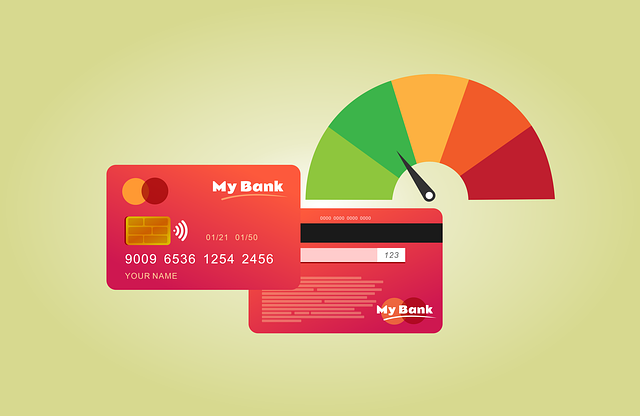Credit scores are vital in real estate, impacting mortgage rates and financing options. Higher scores secure better terms, while lower ones may result in higher costs. Real estate professionals guide clients on improving credit profiles to access competitive rates through responsible financial habits like timely payments and debt reduction.
In the dynamic world of real estate, understanding credit scores is key to unlocking favorable mortgage rates. A higher credit score translates to better lending terms, saving you thousands over the lifespan of your loan. This article guides you through the intricacies of credit scoring in real estate, highlights how your score impacts mortgage rates, and offers practical strategies to elevate your credit standing for a smoother journey towards homeownership.
Understanding Credit Scores in Real Estate

In the realm of real estate, understanding credit scores is paramount for both buyers and sellers. Credit scores serve as a numerical representation of an individual’s financial reliability, based on their borrowing and repayment history. In this context, higher credit scores signify better financial health and responsible financial behavior, which translates to more favorable rates in Real Estate transactions.
Lenders often use these scores to assess the risk associated with extending mortgage loans. A strong credit score indicates a lower risk, allowing buyers to secure competitive interest rates on their mortgages. Conversely, lower credit scores can result in higher interest rates or even loan denial. For real estate professionals, being aware of this dynamic helps them guide clients in managing their financial health and securing the best terms possible when purchasing or selling property.
The Impact of Scores on Mortgage Rates

In the real estate world, scores play a pivotal role in determining mortgage rates. Higher credit scores are often rewarded with lower interest rates on loans, making homeownership more affordable for borrowers. This positive correlation is based on the principle that individuals with higher scores demonstrate better financial health and a lower risk to lenders. As such, they are seen as safer investments, allowing banks to offer competitive rates to attract these responsible borrowers.
On the contrary, lower credit scores can lead to less favorable loan terms. Lenders perceive borrowers with lower scores as potentially risky, which may result in higher interest rates or stricter lending criteria. This dynamic underscores the importance of maintaining a strong credit profile for anyone aiming to secure the best possible mortgage rates in today’s competitive real estate market.
Strategies for Achieving Higher Credit Ratings

Achieving a higher credit rating is a significant step towards securing better rates, particularly in the competitive world of real estate. To elevate your score, focus on consistent and responsible financial habits. Firstly, make timely payments; this simple yet powerful action demonstrates reliability to lenders. Prioritize paying down debt, especially high-interest credit card balances, to reduce overall debt obligations.
Additionally, regularly reviewing your credit report for errors or discrepancies is vital. Disputing any inaccurate information can positively impact your rating. Consider utilizing credit-building strategies like maintaining a low credit utilization rate (the amount of available credit you use) and keeping older accounts open, as the length of credit history contributes to overall assessment.






